A journey through excellence in R&D&I to discover the keys to success of the Miranda de Ebro Technology Center.
The Miranda de Ebro Technology Center (CTME), established in 1992, has established itself as a key institution in technological development and innovation in Spain. This non-profit entity has been dedicated to increasing the competitiveness of organizations through a comprehensive approach to R&D&I, becoming a benchmark in environmental technologies, sustainable materials and industry 4.0. Its mission is clear: to be a link between companies and success, promoting technological innovation as the main way.
Center of reference in environmental sustainability
CTME began as a vision to boost competitiveness and technological development. Since its founding, it has evolved to encompass a wide range of disciplines, always focusing on constant updating and adaptation to emerging needs. Its 30-year history is marked by significant growth and a commitment to excellence, reflected in its projects and collaborations.
CTME’s mission is to drive business success through technological innovation. With a vision of being a leader in materials, thermal spray surface treatments and industry 4.0, the center strives to be a benchmark in eco-design and technological services. These objectives guide all its activities and strategies, always seeking excellence and sustainable development.
Research and Development Areas
The Miranda de Ebro Technology Center (CTME) stands out at the forefront of innovation with its research areas focused on environmental sustainability, polymers and biopolymers, thermal projection, software engineering, and innovation in products and manufacturing processes. From promoting circular economy and eco-design to the development of advanced plastic materials and surface coatings for key industrial sectors, CTME drives Industry 4.0 through IoT and Big Data solutions, improving efficiency and sustainability in various fields.
This comprehensive approach not only highlights the importance of technological innovation in sustainable development, but also underscores CTME’s crucial role in strengthening industrial competitiveness at the global level.
CTME excels in several high-tech areas:
- Environmental Sustainability Area
It focuses on promoting circular economy and sustainable development, using tools such as life cycle analysis (LCA), eco-design, and life cycle cost (LCC) assessment.
With more than two decades of experience, this department has led the transition to more sustainable economic models, implementing recycling and reuse technologies, and extending the useful life of products in sectors such as food, automotive and construction.
Their efforts not only advocate a change in industrial practices, but also generate new business opportunities, especially in rural development, aligning with the principles of the circular economy.
- Polymers and Biopolymers Area
He specializes in the innovation and development of new materials for a more environmentally sustainable industry, including biopolymers and composites for 3D printing applications and eco-friendly packaging such as biobottles and biofilms.
This department focuses on the formulation and transformation of plastics from renewable sources, recovery and valorization of waste for the production of bioplastics, and development of lightweight and reinforced materials using advanced technologies.
Its activities include the detailed characterization of the chemical, mechanical and thermal properties of materials, as well as the development of specific technical solutions for diverse industrial applications, contributing significantly to sustainability and innovation in the materials sector.
- Thermal Projection Area
Advanced research is conducted in the development of innovative surface coatings using techniques such as atmospheric plasma spraying (APS), high velocity oxy-fuel (HVOF) spraying and metallization.
This area focuses on the creation of functional coatings for critical sectors such as aeronautics, wind energy and automotive, applied on a variety of substrates including titanium alloys, hardened steels, aluminum alloys, nickel-based superalloys, composite materials and high-performance plastics.
The filler materials used range from ceramics and cermets to metals and intermetallics, achieving improved coating properties such as wear resistance, high temperature resistance, improved mechanical properties and corrosion resistance, which significantly enhances the added value of components in these key industries.
- Software Engineering Area
This area drives Industry 4.0 through advanced technologies such as IoT, Big Data, Machine Learning, FIWARE applications and ambient intelligence.
The department plays a crucial role in the digital transformation of industrial processes, developing a proprietary data management platform to optimize connectivity and process efficiency.
In addition, it is working on the creation of digital twins of industrial processes, a project that started with the installation of thermal projection and has expanded with collaborations in European projects such as Eurostars AUTOTRAET and PREDISURF.
Its comprehensive approach to data management and digital innovation is designed to increase the added value and international competitiveness of capital goods and services.
- Innovation in Products, Processes and Manufacturing Technologies
The Area specializes in the design and improvement of industrial processes, providing advanced technological solutions to increase efficiency, viability and profitability in diverse sectors such as capital goods manufacturing, metalworking, aeronautics and renewable energies.
This department contributes significantly to the competitiveness of its clients, also offering its expertise in safety and risk prevention in the industry. In addition, it plays a key role in promoting sustainability, supporting environmental communication strategies through certified environmental product declarations (EPDs), and acting as a verifier of environmental communication systems, reaffirming its commitment to environmental improvement and corporate social responsibility.
The Miranda de Ebro Technology Center CTME is a beacon of innovation and sustainable development, covering crucial areas such as environmental sustainability, polymer and biopolymer engineering, thermal projection, software engineering, and innovation in products and manufacturing processes.
Each area reflects a deep commitment to continuous improvement and adaptation to the changing needs of industry and society. From fostering circular economy practices and eco-design to developing advanced coatings and pioneering software solutions, CTME not only drives industrial efficiency and sustainability, but also catalyzes growth and competitiveness on the global stage.
Its integrated approach to research and development of new technologies and processes reaffirms its position as a leader in promoting a more sustainable and technologically advanced future.
Technology Services and Laboratories
On the other hand, CTME has accredited testing, analysis and calibration services, supported by three specialized laboratories and highly qualified technical personnel. These laboratories include the Metrology Laboratory (ENAC 153/LC10-111 accreditation), the Environment Laboratory (ENAC 772/LE 1582 accreditation) and the Materials Testing Laboratory (ENAC 772/LE 2003 accreditation). These accreditations, together with approvals from major customers such as SAFRAN, AIRBUS and Boeing, demonstrate the quality and reliability of CTME’s services. The MERIT qualification awarded by AIRBUS in 2019 recognizes CTME’s excellence and high performance from a technical and industrial point of view, highlighting its commitment to quality and innovation in its services.
The Knowledge Transfer Office (OTC) of the Miranda de Ebro Technology Center (CTME), registered under number 190, plays a crucial role in technology watch and innovation. This office is dedicated to keeping up to date with the latest technological developments and solutions in the market, identifying the innovation demands and needs of companies. In addition, the TTO assists companies in the development of innovation strategies, providing support in the definition of such strategies, the search for financing, the protection of results and the development of technology watch systems. Its work is essential to keep abreast of research and development funding and support programs.
Collaborations and Open Innovation
At the Miranda de Ebro Technology Center (CTME), open innovation is a fundamental pillar, fostering close and productive collaboration with various companies and research and development centers.
This strategy allows CTME to face complex industrial challenges, joining forces with external entities to combine knowledge and resources. These synergies result in more effective and advanced solutions, creating an innovation ecosystem that benefits both the center and its collaborators.
Through this continuous interaction, CTME not only strengthens its research and development capacity, but also contributes significantly to the technological progress and advancement of the industry, reinforcing its role as a leading center for innovation and technological development.
CTME represents a model of innovation, sustainability and technological excellence. Its commitment to research, development and collaboration positions it as a key player in the technological and business landscape, driving success and competitiveness in multiple sectors.
From the Network of Technology Centers we work in an interdisciplinary and integrated manner. We cover all the technical disciplines and we find innovative solutions in all parts of the processes.
If you want us to help you to empower your company and to look for innovative technological solutions for your processes, do not hesitate in contact NODDO.
Follow us on LinkedIn y Twitter sign up for our Newsletter to stay up to date with what’s new on the Web.







